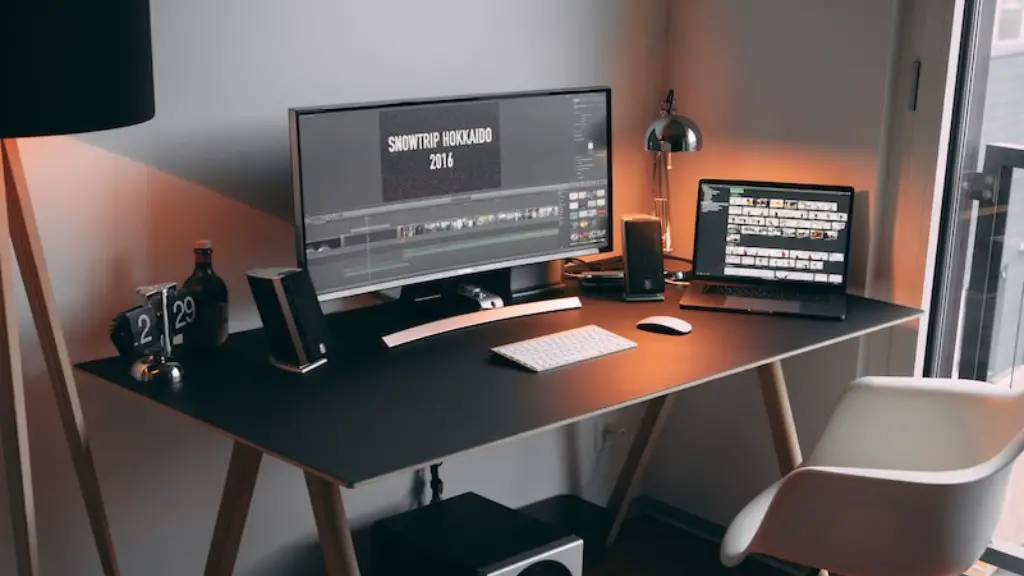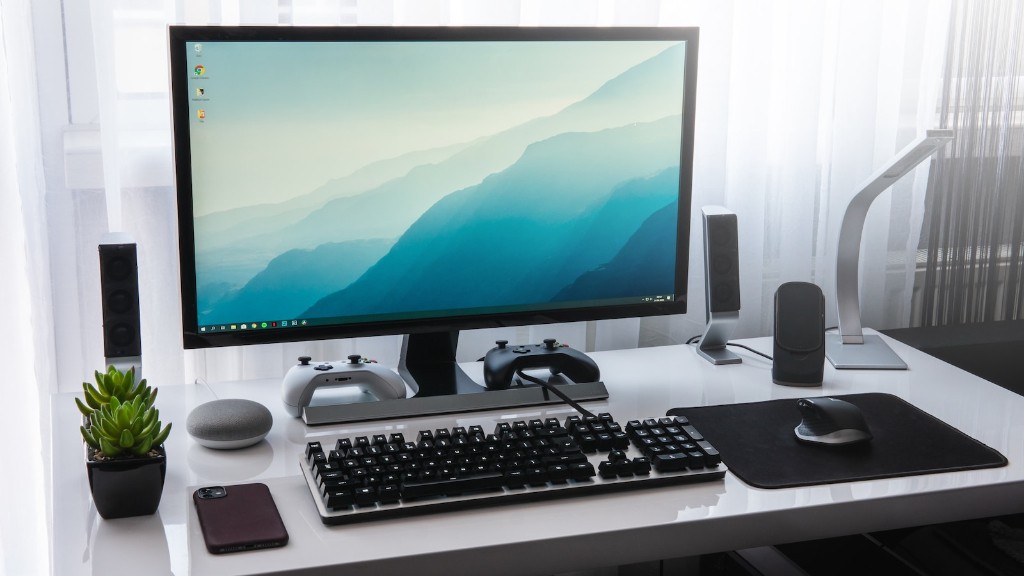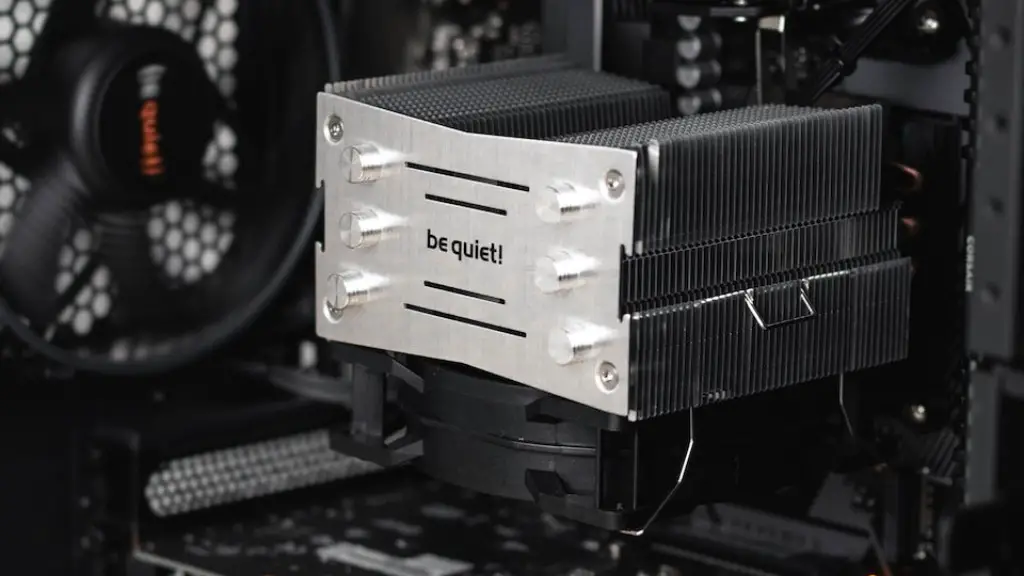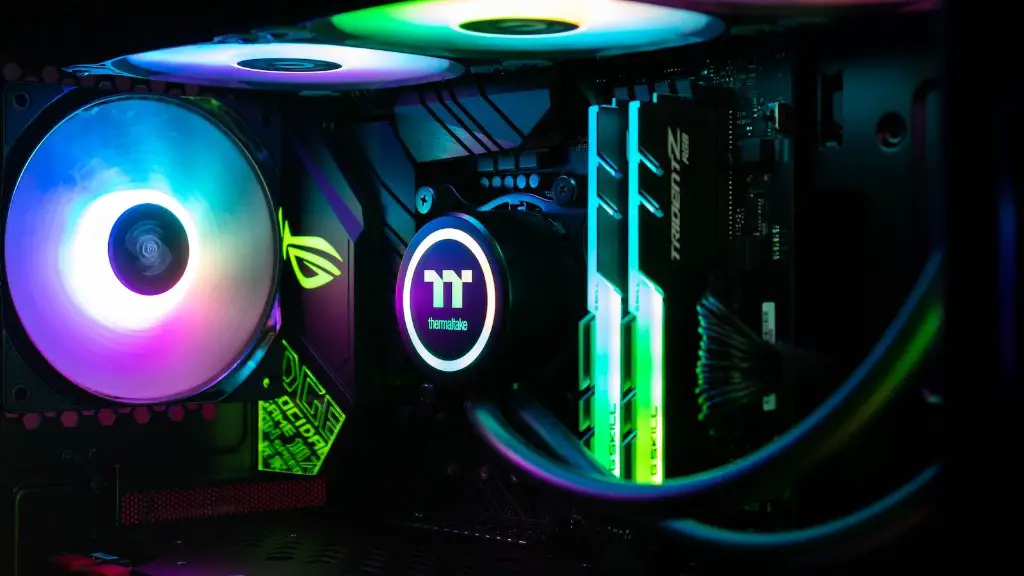If you’re looking to build a gaming PC, you’ll need to factor in the number of fans you need to keep your components cool. Depending on the size and power of your components, you may need one or more fans. If you’re not sure how many fans you need, consult a PC builder or cooling specialist.
The answer to this question will depend on a few different factors, such as the size of your gaming PC, the type of games you play, and your desired level of performance. Generally speaking, you will need at least three fans for your gaming PC – one for the CPU, one for the GPU, and one for the case. However, if you want to achieve optimal cooling and performance, you may need more fans.
Is 6 case fans overkill?
As the title suggests, six fans are overkill for most gaming PCs. However, if you have the budget, then go for it. Don’t expect too much improvement in the temperatures though.
If you have a high-end gaming PC, with a powerful processor and/or graphics card, then 4 fans may not be enough, and your PC will likely require more cooling to ensure temperatures are kept low. On the other hand, if you don’t need too much cooling, then 4 fans may be overkill and too much noise.
Are 3 fans enough for a PC
This type of fan setup is often used in PC builds to ensure adequate air circulation and prevent the build from becoming too warm. The intake fans draw air into the case and the exhaust fan expels hot air, which helps keep the components cool. Having three intake fans and one exhaust fan is a perfectly fine way to set up your fans and will help ensure your PC stays nice and cool.
4 Fans) Most PC builds have 4 fans for more aesthetic reasons, however, it can be useful if you building a big air-cooled system.
5 Fans) After this it begins to barely if even, make a difference. It’s almost purely for aesthetic purposes.
Does stacking fans increase airflow?
Stacking two (or more) fans will not double the airflow. In fact, it will often result in less airflow than if you were to just use one fan. This is because the fans can often block each other, preventing air from flowing through as freely. If you’re looking to increase airflow, it’s often better to just use a larger fan or multiple smaller fans.
If you’re looking for a quiet fan, go for a larger model. Larger fans are capable of moving more air at lower RPMs, so they make much less noise than smaller fans that spin faster.
Do more fans increase FPS?
A bigger fan will make more noise because it moves more air. It will not improve performance unless your equipment is throttling due to excessive heat.
The number of fans you need in your PC depends on a few factors. If your case has good airflow and your components don’t produce a lot of heat, then six fans should be sufficient. However, if you have a high-end GPU or CPU, or if your case doesn’t have good airflow, then you might need more than six fans. Ultimately, it’s up to you to decide how many fans you need.
Do I need a CPU cooler if I have 4 fans
Yes, it’s true that CPUs can overheat in just a few seconds. However, this is usually not a problem because there are coolers in place that take away the heat. In many cases, auxiliary fans may be required to help keep the CPU cool.
Triple-fan graphics cards offer a number of advantages over dual-fan options. For one, they pack more heatsink mass, which allows them to maintain lower temperatures and thus achieve higher performance levels. Additionally, triple-fan cards often come with larger, more robust fans that are better equipped to handle the heat generated by high-end GPUs.
What is the best fan layout for PC?
When positioning fans in a PC case, the goal is usually to create an airflow channel that goes from the right side or front of the case to the upper left or rear. This channel should bring cool air across the CPU, GPU and other heat sensitive components, and then exhaust it out of the back and/or top.
If you’re experiencing crashes or freezes while gaming, it’s possible that you have an airflow issue. This can be caused by an overly high negative or positive pressure in airflow (typically caused by, for example, having too many intake fans and not enough exhaust fans) or a blockage of the intake/exhaust vents on your case.
To fix this, try adding more fans or cleaning out your vents to improve airflow.
Are 4 blade fans better than 5
The main difference between 4 and 5 blade ceiling fans is one of aesthetics and personal taste. Five blade fans can be quieter than four blade fans because they have less drag on the motor.
It is important to have a good fan configuration in your computer case in order to keep everything cool and running smoothly. Generally, you want the case fans in front of the case drawing in air while the fans at the rear blow air out. If your case has vents at the top, they should be placed as exhaust fans because hot air will rise. This will help ensure that all of the components in your case are getting the proper airflow to keep things cool.
Does a PC need an exhaust fan?
You should always have at least one case fan to help keep your components cool and prevent temperature related issues. Having said that, if you don’t have a case fan your temperature will likely be impacted. It’s generally best to have one fan, but if you have a top mounted PSU that is pulling air from within the case, you may be able to get away with just that.
When dust coats the fan blades, it takes more effort for it to spin and causes it to run loudly and perform less efficiently. To keep your computer running smoothly, blow dust from the fans on your graphics card and power supply.
Conclusion
It depends on a few factors, such as the size of your case and the components inside. A good rule of thumb is to have at least one fan for every component that generates heat. So, if you have a CPU, GPU, and HDD, you would need at least three fans.
You will need at least two fans for your gaming PC – one for the front and one for the back. More fans will help keep your PC cool, but two should be sufficient.




